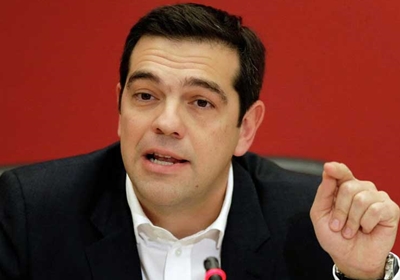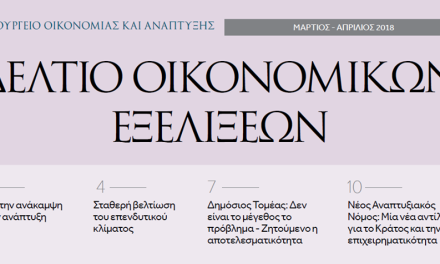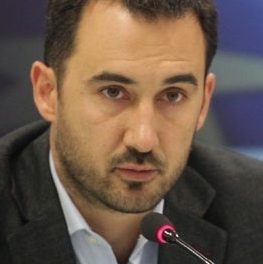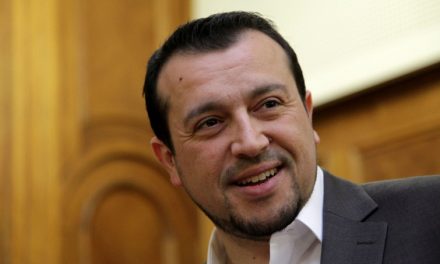Acknowledging the need for a better coordination of issues concerning migrants and refugees, a European Summit on the Western Balkans Migration Route took place yesterday in Brussels, on the initiative of European Commission President Jean Claude Juncker. Leaders from 11 countries (Albania, Austria, Bulgaria, Croatia, FYROM, Germany, Greece, Hungary, Romania, Serbia and Slovenia) agreed on a 17-point plan of action, so as to improve cooperation and step up consultation between the countries along the route and decided on pragmatic operational measures that can be implemented as of tomorrow to tackle the refugee crisis in the region.
In statements to the press following the meeting, Greek Prime Minister Alexis Tsipras explained why three proposals were rejected and replaced by counter-proposals from Greece, which would overcome potential problems in the making, such as creating a ghetto for 50,000 refugees near Athens. Tsipras said that Greece will do whatever is necessary for a constructive dialogue in the effort to stem the migrant flow and the humanitarian crisis, underlining the importance of EU burden sharing in confronting the crisis. He also repeated Athens’ commitment to create five hot spots -Lesvos, Chios, Kos, Leros and Samos – by the end of the year.
At a press conference, President of the European Commission Jean Claude Juncker commended Tsipras for his commitment to increase reception capacity in Greece to 30,000 places by the end of the year, with the UNHCR to provide another 20,000 places. Expressing his satisfaction for the meeting he noted that the EU, as well as its neighbouring countries and its partners in the region who aspire to EU values and have an EU perspective, have to work together in this issue.
Watch Video: Prime Minister Alexis Tsipras’ statement following the conclusion of the Summit (in Greek)
TAGS: GOVERNMENT & POLITICS | MIGRATION














